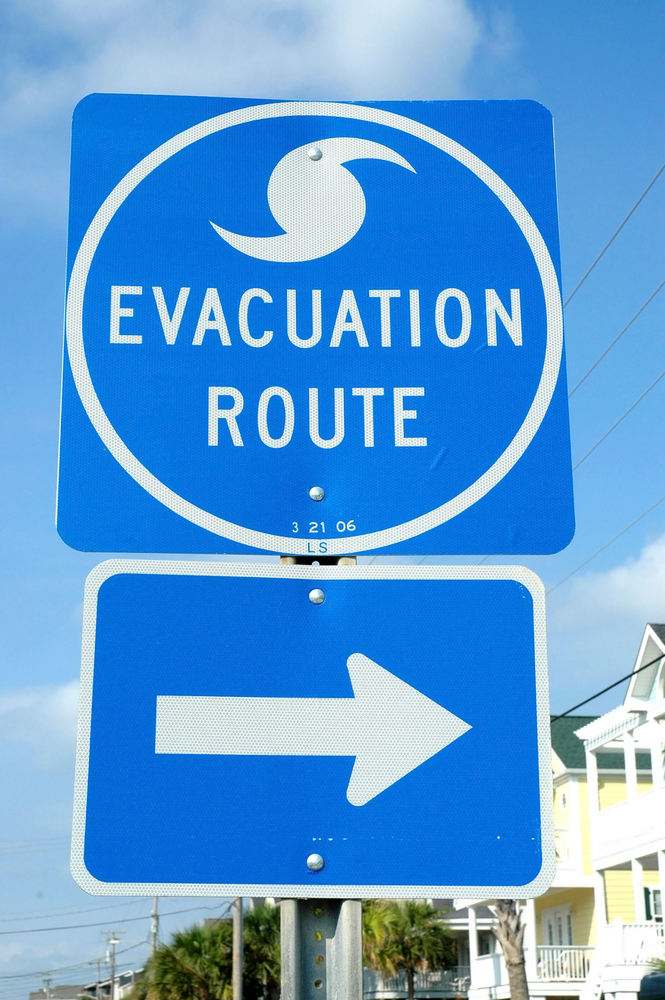
In a timely reaffirmation of the Fifth Circuit’s 2007 ruling in Leonard v. Nationwide Mut. Ins. Co., a Louisiana federal court recently upheld the application of an insurance policy’s Anti-Concurrent Causation Clause (“ACC”) in precluding coverage for property damage caused by a combination of storm winds and flooding. In Chad Little, et al. v. Aegis Security Insurance Co., Case No. 2:21-CV-00997 (W.D.La. July 9, 2021), the Western District of Louisiana granted defendant-insurer’s motion for summary judgment holding that the defendant-insurer proved that both a covered peril (storm winds) and an excluded peril (flooding) contributed to the losses claimed by the plaintiffs-insureds, and that as a result of the application of the policy’s ACC, all coverage was precluded. About The Authors

